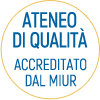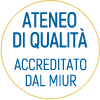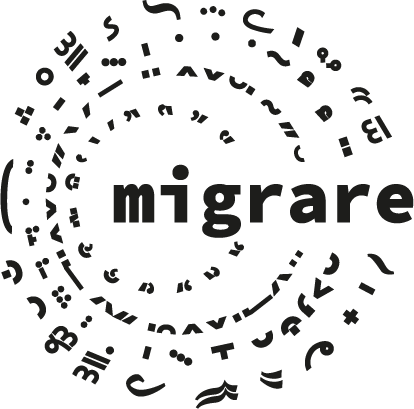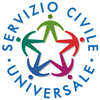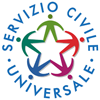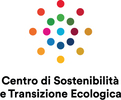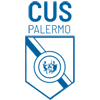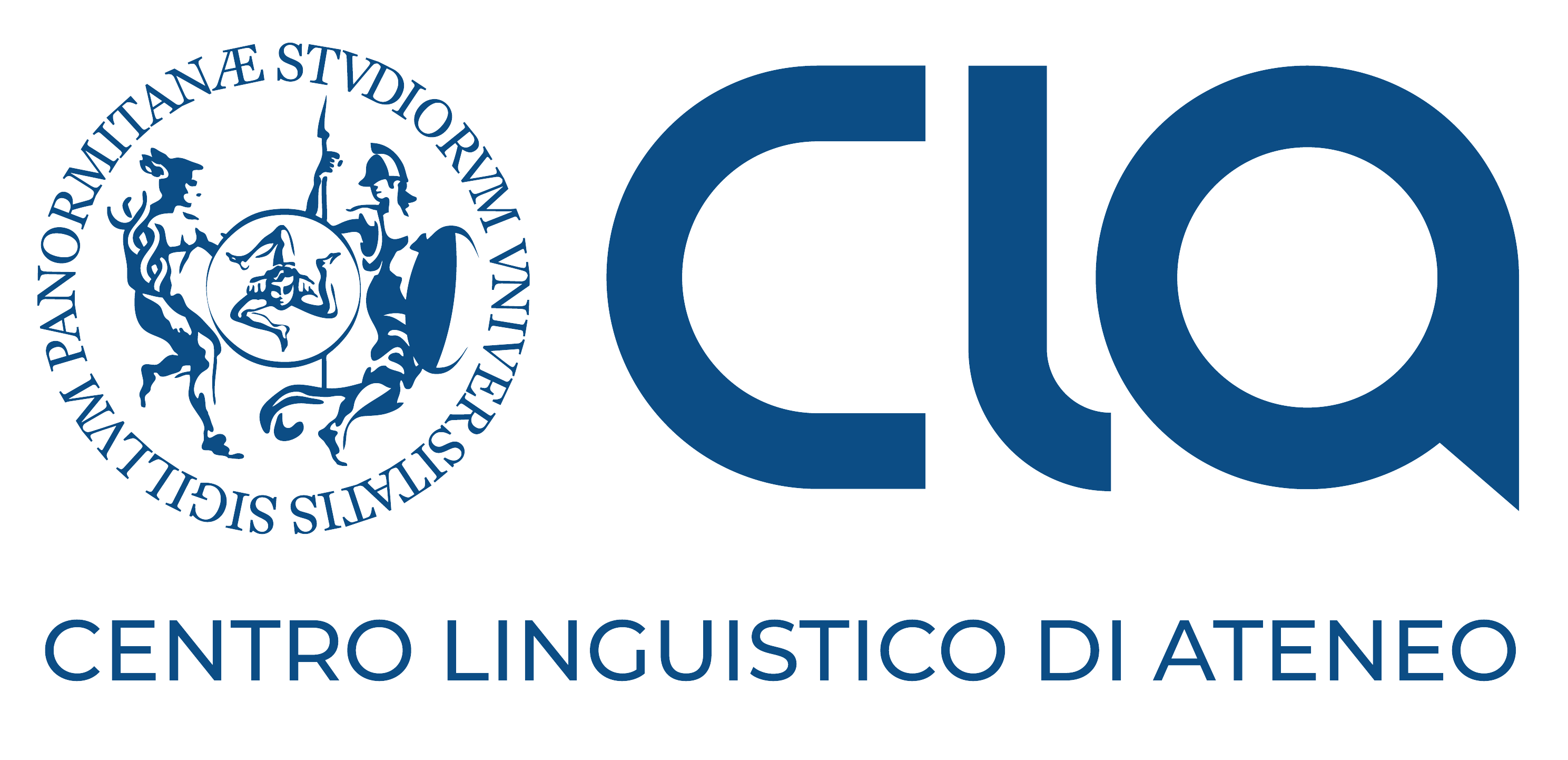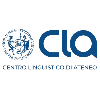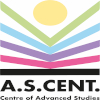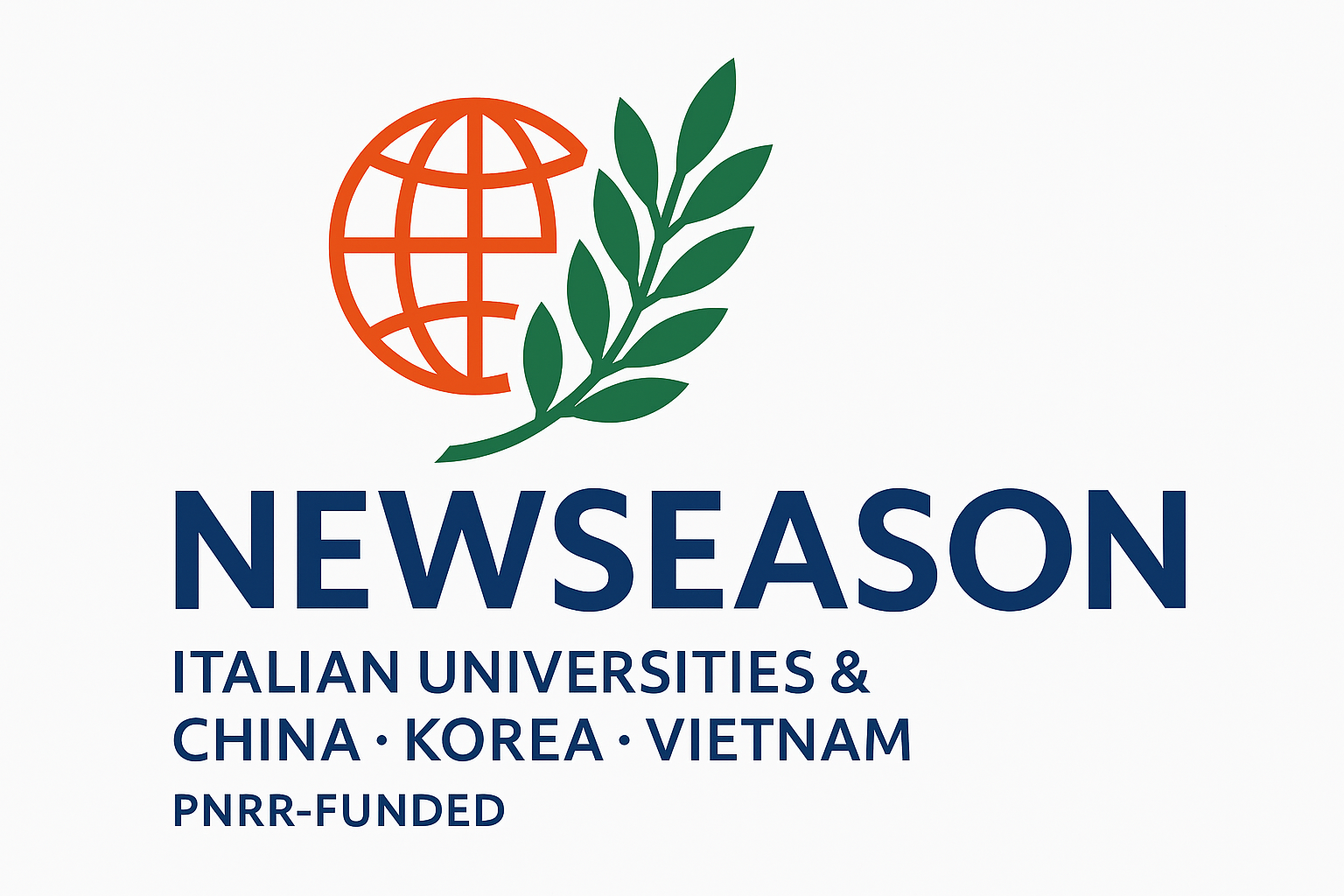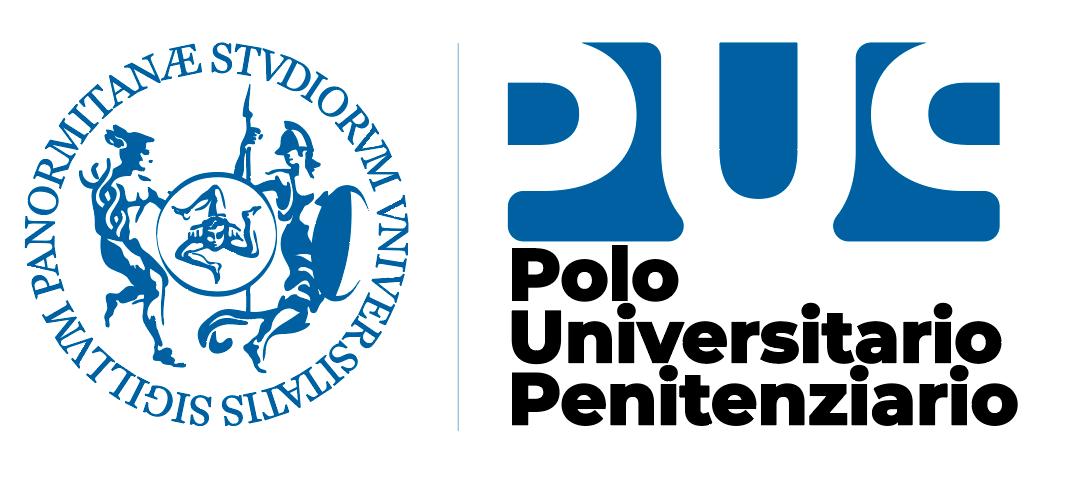Technologies of Biologically Active Substances Curriculum
Introduction
The Curriculum in Technologies of Biologically Active Substances is mainly focused to develop research topics concerning the technological and pharmaceutical field and related to the project and production of modern pharmaceutical formulation. In particular students will be involved in studying new therapeutic systems, for diagnosis, nutraceuticals and cosmetics, and new scaffolds useful for tissue engineering. The educational program aims to provide highly qualified professional figures in the field of human health, skilled in developing researches in academies, pharmaceutical industries, hospitals and public or private research centers focused in discovery and development of drug delivery systems for biomedical application.
State of the art
It is well known to date that the efficacy of a therapeutic system containing a traditional drug can be significantly improved by means of innovative pharmaceutical technologies. Thus, it is important to increase the knowledge of PhD students about modern pharmaceutical technology and multidisciplinary skills necessary for projecting and developing new drug delivery systems, improved in terms of pharmacokinetic and pharmacodynamic and in terms of quality control of pharmaceutical formulation, tools for diagnosis, nutraceuticals and cosmetics. For this reason, a further goal of the educational program concern the study of pharmaceutical systems useful in regenerative medicine as scaffolds for cell differentiation and tissue regeneration.
Research topics
The research topics of the Curriculum in Technologies of Biologically Active Substances mainly concern the design, construction and chemical-physical and biological characterization of innovative technological systems for the administration and the modified release of drugs, even of protein nature, genetic material, substances for diagnostic use, nutraceuticals and cosmetics. In addition three-dimensional polymeric systems (scaffold), which can be used in the field of regenerative medicine to repair and/or regeneration of human tissues, are produced and characterized.
International collaborations
The research activities of the PhD students are analyzed and developed through collaborations with national and international research companies. The Curriculum in Technologies of Biologically Active Substances benefits of the following conventions:
- School of Pharmacy – University of Cardiff (UK);
- School of Pharmacy – University of London (UK);
- Department of Materials Science & Engineering, Kroto Research Institute, University of Sheffield, UK;
- Institut des Biomolécules Max Mousseron CNRS UMR 5247, UFR Pharmacie - Université Montpellier I, Montpellier (France);
- Laboratory of General Biochemistry and Physical Pharmacy, University of Ghent, Gent, Belgium;
Occupational outlets
Doctors in Technologies of Biologically Active Substances will be highly qualified to work in research laboratories of pharmaceutical companies, in public or private health structures working in the fields of design, synthesis and development of drug delivery systems for biomedical applications. They can keep manager positions in the research and development area of biomedical and pharmaceutical industries.




